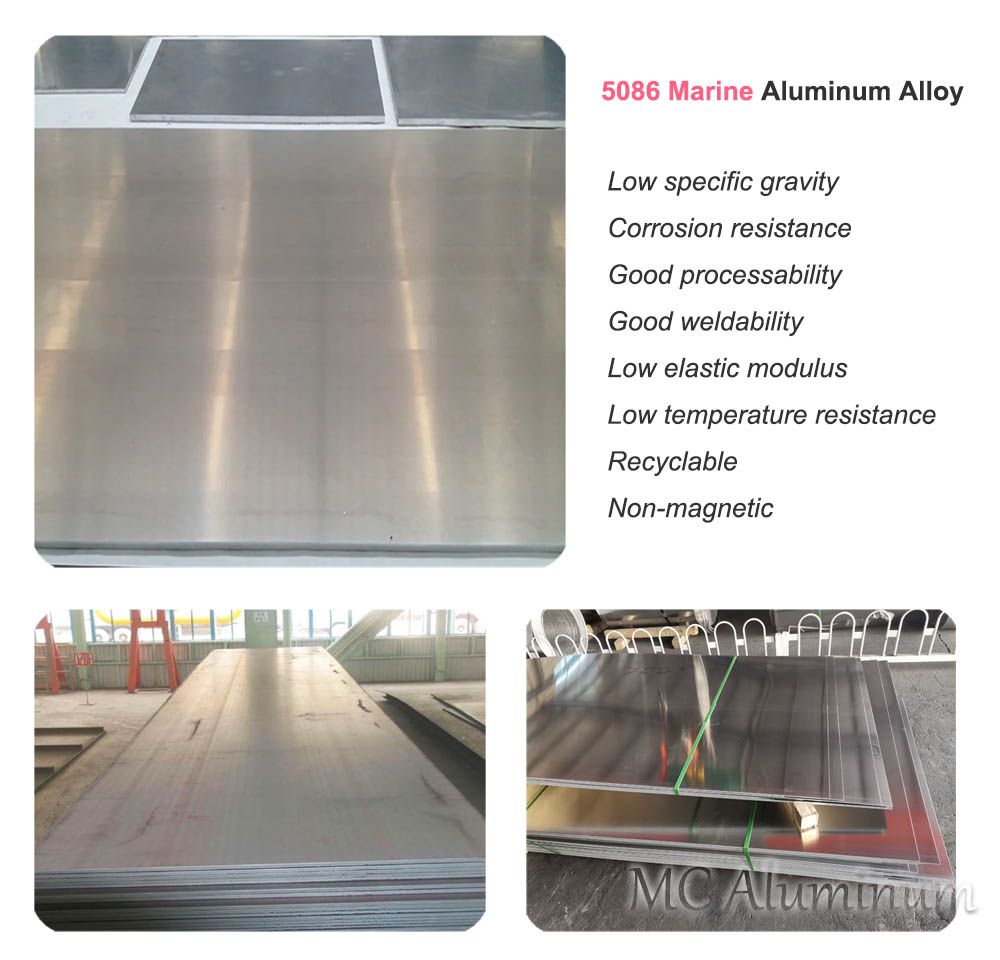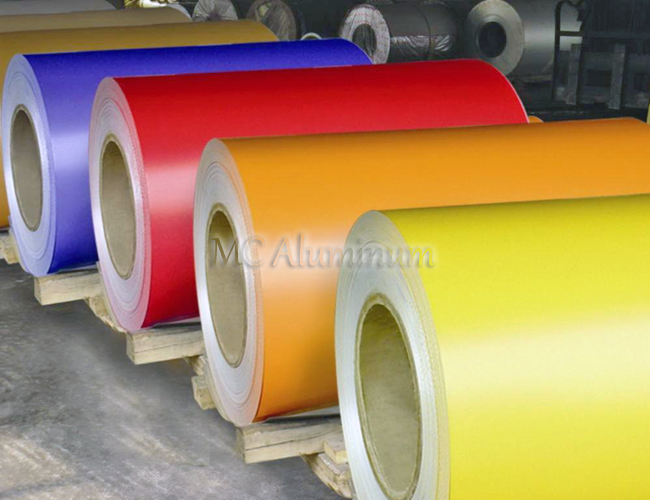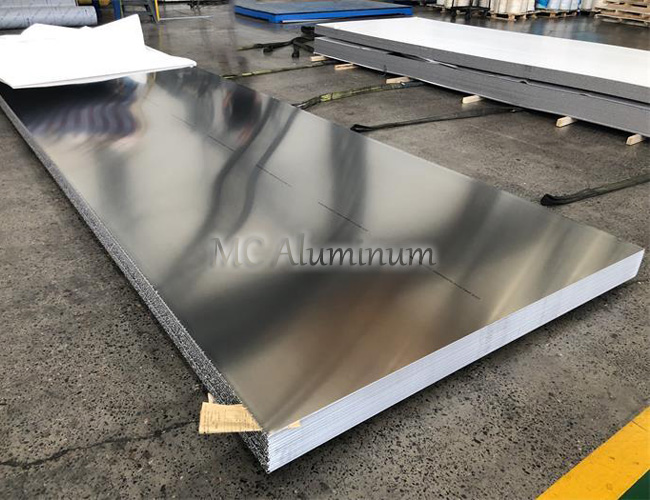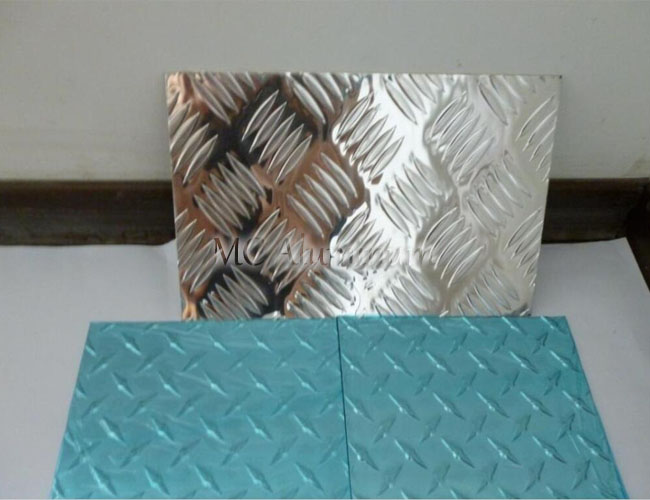5086 H111 Marine-Grade Aluminum Plate for Ship Side Decks
What is 5086 Aluminum Alloy?
5086 aluminum alloy is a representative product of the Al-Mg series anti-corrosion aluminum alloys, categorized as a medium to high-strength alloy. It contains approximately 3.5% to 4.5% magnesium, giving it exceptional corrosion resistance in marine environments. This makes it ideal for shipbuilding, offshore platforms, refrigerated trucks, and pressure vessels.
H111 Temper:
The H111 temper of 5086 aluminum plate refers to a strain-hardened, slightly cold-worked annealed condition. It retains good ductility while also gaining some work-hardened strength.
Advantages of H111 Temper:
Excellent formability for complex structures
Maintains superior weldability with minimal risk of hot cracking
High fatigue resistance for long-term exposure to wave impact
Easy to rivet, weld, or mechanically assemble in later processing

Marine-Grade Aluminum Plate Specifications:
| Alloy | 5086 |
| Tempers | H32, H116, H34, H112, H111 |
| Thickness | 3–50 mm |
| Width | 100–2650 mm |
| Length | 1000–16000 mm |
| Applications | Ship sides, hull bottom plates, bulkheads, decks, etc. |
| Certifications | LR, ABS, DNV, etc. |
| Packaging | Standard wooden case |
| MOQ | 1–3 tons |
Mechanical Properties of 5086 Aluminum Plate:
| Property | Range/Value |
| Tensile Strength (σb) | 240–330 MPa |
| Yield Strength (σ0.2) | ≥ 110 MPa |
| Elongation (δ5) | ≥ 12% |
| Density | 2.66 g/cm³ |
| Thermal Conductivity | 126 W/m·K |
| Corrosion Resistance | Excellent (Marine Grade) |
Chemical Composition of 5086 Aluminum Alloy (%):
| Alloy | Cu | Mg | Mn | Fe | Si | Zn | Ti | Cr | Others | Al |
| 5086 | 0.20 | 4.0-5.2 | 0.7-1.0 | 0.25 | 0.25 | 0.40 | 0.15 | 0.25 | 0.15 | remainder |
Product Advantages:
1. Superior Marine Corrosion Resistance
5086 aluminum offers natural corrosion resistance, especially in chloride-rich (saltwater) environments, preventing rust-induced fatigue common with traditional steel and reducing maintenance costs.
2. Lightweight – Enhanced Vessel Efficiency
It is about 40% lighter than steel, which helps reduce the overall weight of the vessel, increasing cargo capacity and improving fuel efficiency.
3. Excellent Weldability and Formability
5086 H111 plates are well-suited for TIG/MIG welding, achieving high-quality, defect-free welds, which enhance the overall structural integrity and water tightness of the deck.
4. Outstanding Fatigue and Impact Resistance
Ideal for withstanding repetitive wave impacts and mechanical loads, 5086 shows excellent fatigue life and resistance to deformation.
5. Reduced Maintenance, Extended Lifespan
Its corrosion resistance and fatigue properties help lower maintenance frequency and costs, while extending the service life of ship structures like side decks.
Comparison with Other Alloys and Tempers
▶ H111 vs. H116/H321
While H116 and H321 are commonly used for the bottom or keel where higher strength is needed, H111 offers better formability and balanced strength, making it ideal for deck structures that require complex shaping and excellent weld compatibility.
▶ 5086 vs. 5083 Aluminum Plate
5086 and 5083 are both aluminum-magnesium alloys, but the magnesium content of 5086 is slightly lower. It is suitable for scenes with slightly lower strength requirements but higher corrosion resistance (such as deck surfaces).
MC Aluminum – Your Reliable Supplier
As a large aluminum plate processing manufacturer, MC Aluminum specializes in the production of 5086 aluminum alloy plates, and has passed the certification of the Norwegian Classification Society (DNV) and the China Classification Society (CCS), ensuring that the material quality is consistent with ship safety regulations. It is widely used in key parts such as ship decks, engine pedestals, ship sides and bottom outer plates. In addition to 5085 H111 aluminum plates, it also provides:
5086-H116 aluminum plate
5086-H32 aluminum plate
5086 H111 aluminum plate
5086 H34 aluminum plate
5086-H112 aluminum plate







Contact Us